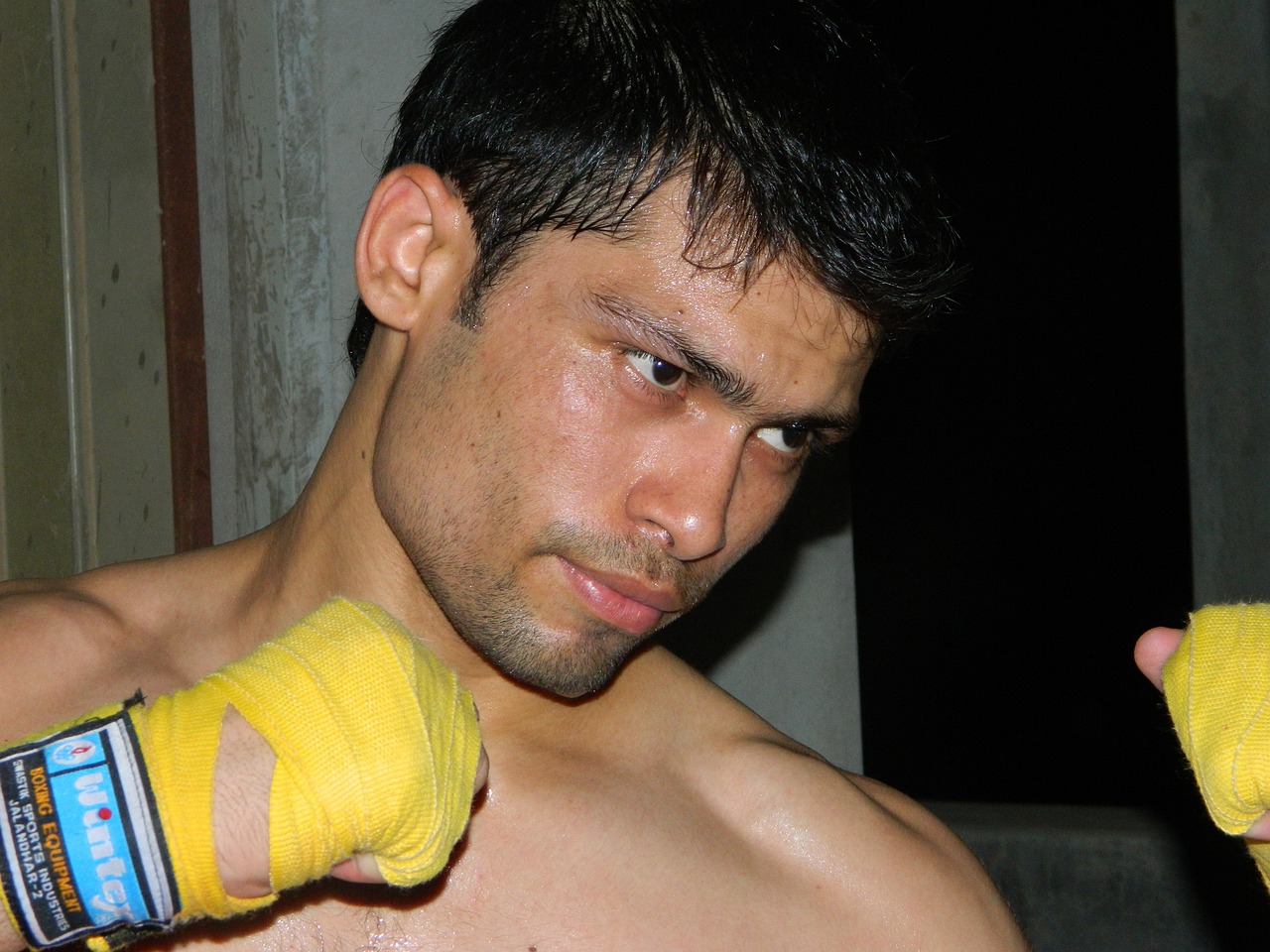Regulatory Framework of IPL: Balancing Competition and Compliance
Online Cricket ID, 11xplay: The regulation of the Indian Premier League (IPL) involves several key authorities overseeing different aspects of the tournament. The Board of Control for Cricket in India (BCCI) plays a central role in the governance and administration of the IPL, including conducting player auctions, formulating policies, and ensuring compliance with the rules and regulations set forth by the International Cricket Council (ICC).
Additionally, the IPL Governing Council, a subcommittee of the BCCI, is responsible for overseeing the day-to-day operations of the league, including scheduling matches, ensuring fair play, and resolving any disputes that may arise during the tournament. The involvement of these regulatory authorities is vital in maintaining the integrity and credibility of the IPL, ensuring that the competition operates in accordance with established norms and standards.
Key Regulations Governing IPL
IPL is subject to various key regulations to ensure fair play, transparency, and player welfare. One of the most important regulations is the player auction process, where teams bid for players within certain budget constraints. This helps maintain a level playing field among teams and prevents any single team from monopolizing the best players.
Another crucial regulation is the Anti-Corruption Code, which aims to prevent match-fixing, spot-fixing, and other corrupt activities in the league. Players, coaches, and team officials are required to adhere strictly to this code to uphold the integrity of the game. Punishments for breaching this code can be severe, including bans from participating in the league.
Challenges in Balancing Competition and Compliance
Many sports leagues, including the Indian Premier League (IPL), face the ongoing challenge of balancing competition with compliance. Regulatory authorities play a crucial role in ensuring fair play, transparency, and adherence to laws and regulations within the league.
One of the key challenges in maintaining this balance lies in preventing and detecting any form of match-fixing, illegal betting, or corruption that may compromise the integrity of the competition. Striking a harmonious equilibrium between fostering a competitive environment and upholding strict regulatory compliance is essential for the long-term success and credibility of the IPL.







